How Skilled Parenting Promotes Play and Exploration in Learning Activities.
One saying indicates that you never truly learn and grow until you’ve personally gone through a particular experience and digested it yourself. Simply, others’ lessons are not yours to appropriate and rely on. The same theories can be applied to children and the way they discover life and acquire lessons and skills, meaning they will have plenty of physical and experimental processes to go through to build their personalities and learn how to guide themselves through life.
Exploration-based learning has gained much traction lately, and parents are discovering its benefits directly or indirectly and ways to implement it. Numerous contemporary studies on Science Direct indicate that children inherently possess a greater inclination for exploration and curiosity compared to adults. These very traits play a crucial role in accelerating and enriching their learning processes. Therefore, experimental and playful learning becomes more crucial than ever for kids of all ages and should be initiated well before they turn three. Their outstanding learning abilities, perfecting of fine motor skills to social skills, and other areas of development all find exploration and discovery learning at the bottom. For reasons like these enumerated, specialists helping children experience, learn, and develop in assisted and specially-developed environments such as those you see at Miffytown encourage modern parents to dig into this area of growth potential and implement tried-and-tested practices in their children’s rearing strategy.
Before sleeping on the idea and thinking there are risks of accidents or simply too much effort for an insignificant result, let’s see why successful, proud parents advise newcomers on the parental stage to explore learning through experiences, play, and discovery.
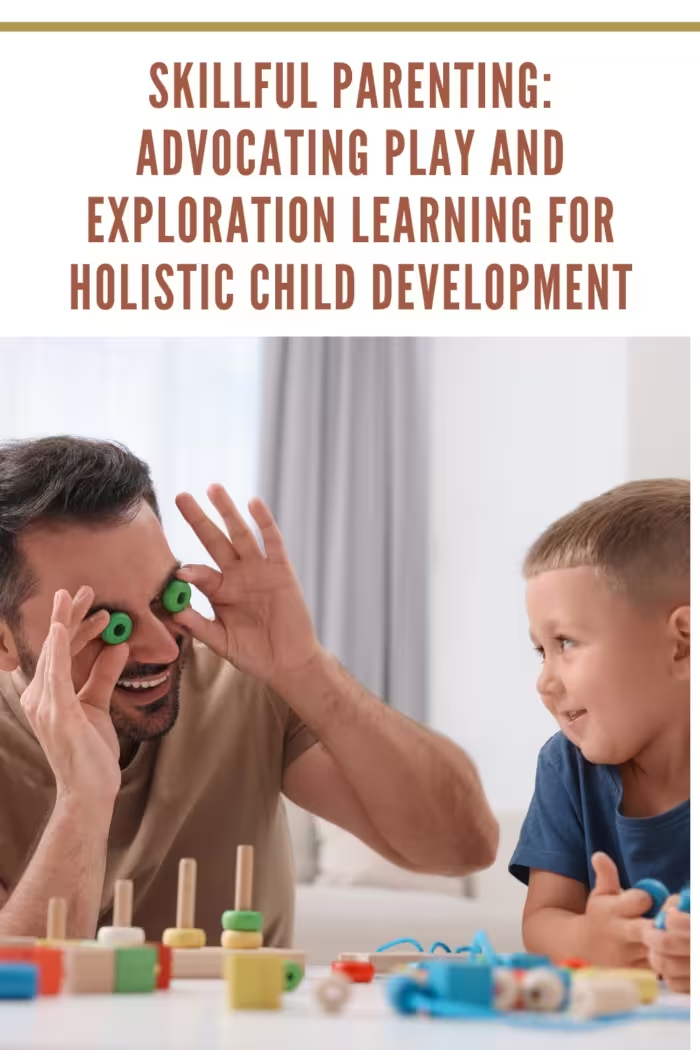
Skillful Parenting in Advocating Play and Exploration Learning Activities
Parental applauds and exploration – a mutual causality?
Children need to find new strategies to triumph anytime they try a fresh skill and are disappointed by the results. So, how are experienced and successful parents breeding this feeling of exploration in their kids? Connecting dots from insights from studies on the neuroscience of motor control and developmental child psychology, one can conclude that a parent’s modest praise can encourage kids to explore. Modest lauds recognize children’s performances without lifting the standards for the following performances.
Such behavior turns out to be most beneficial for children in their exploratory stages and encouraging for individuals with poor levels of self-esteem struggling with the impostor syndrome.
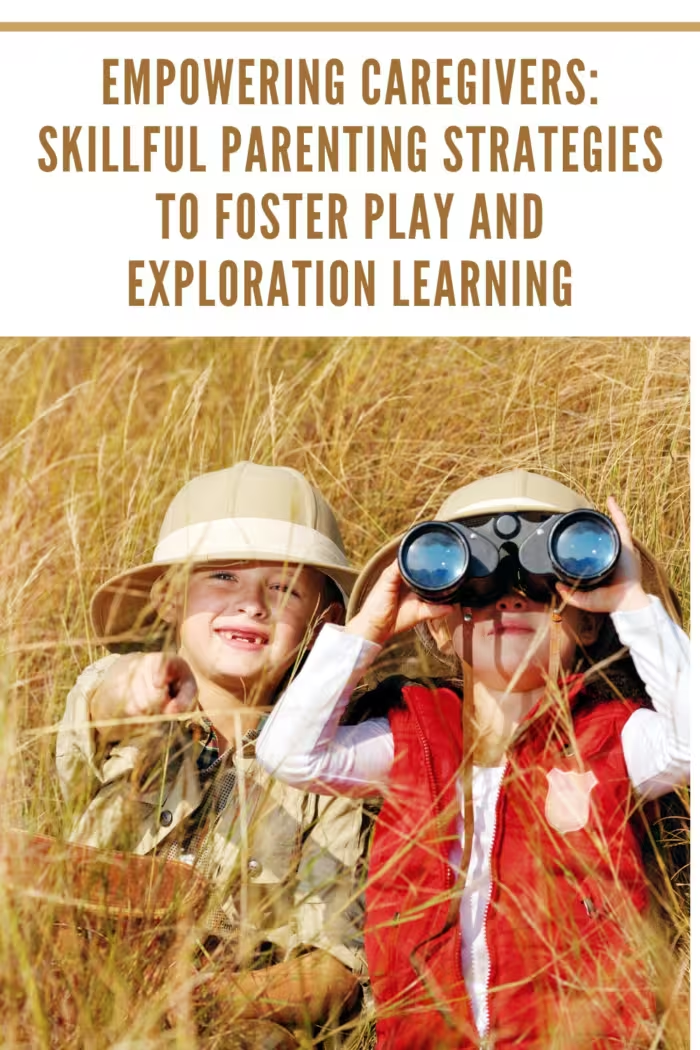
When abundant parental praise is too much
Western caretakers have appropriated the practice of lauding children for their accomplishments ever since the 1970s. As exploration implies actions and risk and might not be immediately rewarding, it’s logical that shouting positive stuff about kids will instill confidence in them and allow them to embrace exploration. As such, parents praise their kids before, during, and after their discovery adventures, being convinced that this method will fuel their courage and ambition. However, this praise can act as a double-edged knife. On the one hand, children receiving inflated lauds might think they’re doing such a great job that everything they’ll try from that point on will turn in their favor without meeting the need to put in more effort. Additional research on exaggerated praise for children suggests that they may consistently develop a mindset that aligns with high expectations for their achievements, as reported by nature.com.
On the other hand, invalidating kids or criticizing and finding flaws in children’s exploration behaviors can have such a detrimental effect that they will grow into fearful, incurious, and self-doubting adults. Modest praise can have a similar impact if it inflicts the idea that the children’s outcome is mediocrely good. Unlike inflated lauding, modest praise mainly acknowledges a performance without obligating consistent miraculous results. For children with a lack of self-esteem and anxiety, such behaviors hamper their willingness to explore.
The right balance between praise and acknowledgment must be met to grow confident and realistic adults, helping them achieve the right proportion between ambition, confidence, intention, and working determination.
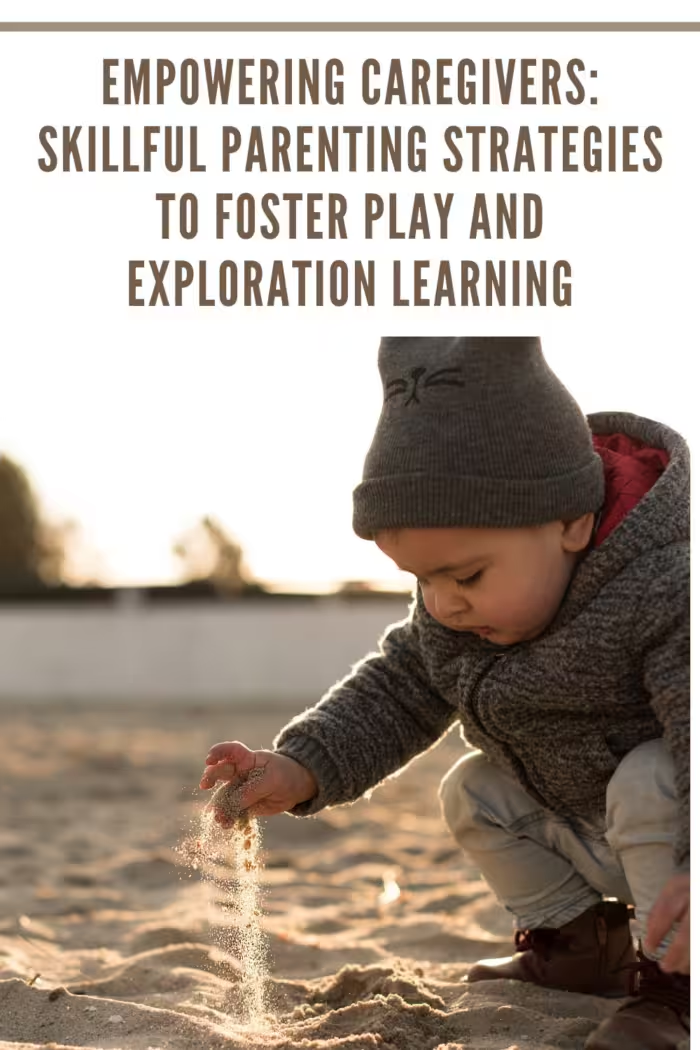
Why exploration is the foundation of a healthy education
Children learn best through their discoveries and by monitoring their peers and environments, being encouraged to interact with these elements. Following their impulses and reactions in a safeguarded educational space assists in crafting their own education.
What better way to help children experience sensations and emotions and learn through their adventures than to involve them in kid-oriented activities with other individuals their age? When you take your children to places like Miffy, you can expect them to return home wholly reenergized, happy about meeting new kids and creating friendships, and overjoyed to tell how they have played and had fun together. Exploration through activities like those unfolding in specialized and assigned spaces is part of academic and everyday growth.
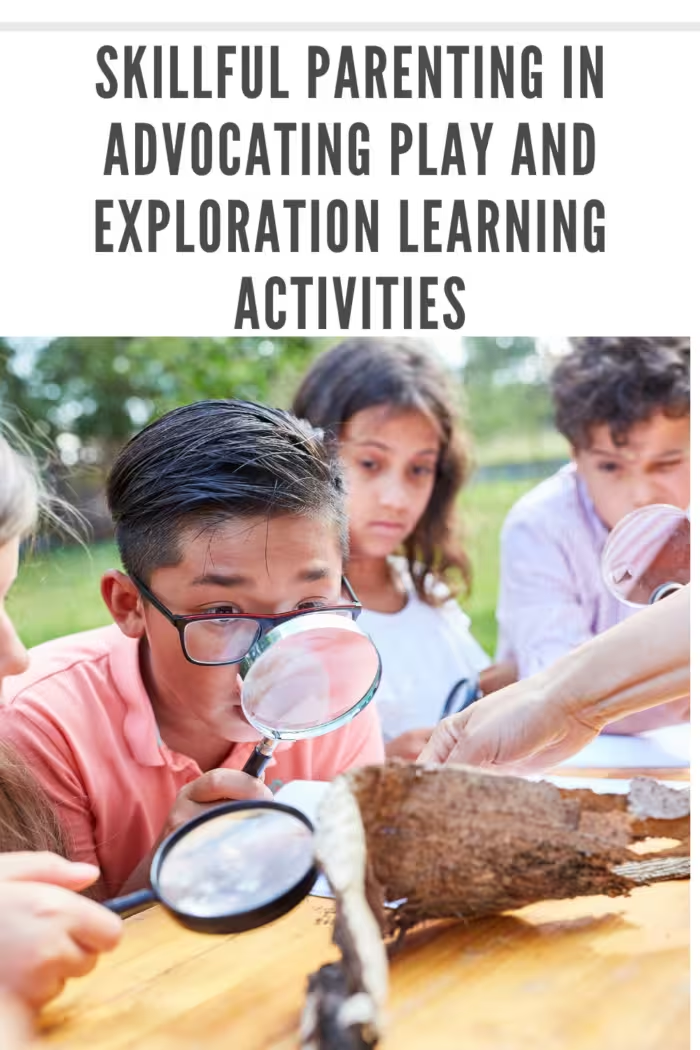
Fostering a curious mind
Children interacting with exploratory education environments get in charge of the lessons they depict, meaning that this type of setting can only help them explore and enhance their curiosity. Instructors who urge children to investigate and ask questions about topics, phenomena, activities, and other subjects they like help them enhance their ability to question-putting and their goal-focused attitude. According to Aplusfcu.org, individuals who demonstrate the latter trait, such as setting objectives before graduating, are shown to achieve double the success compared to those who do not.
Such traits are priceless in professional and academic settings, setting children up for successful work, romance, and social life. Parents, caretakers, instructors, and educators encouraging such behaviors are building tomorrow’s triumphant and resourceful adults.
Boosting autonomy and independence
Fostering education through exploration, specifically in youngsters, can assist in the development of a great sense of self by encouraging them to discover objects, topics, and scenarios that captivate them. Furthermore, instructors urge children to be autonomous and independent by enabling self-guidance in an academic environment. These specialists may provide resources and recommendations to guide the little learners, but the recipients will still pursue and acquire knowledge independently.
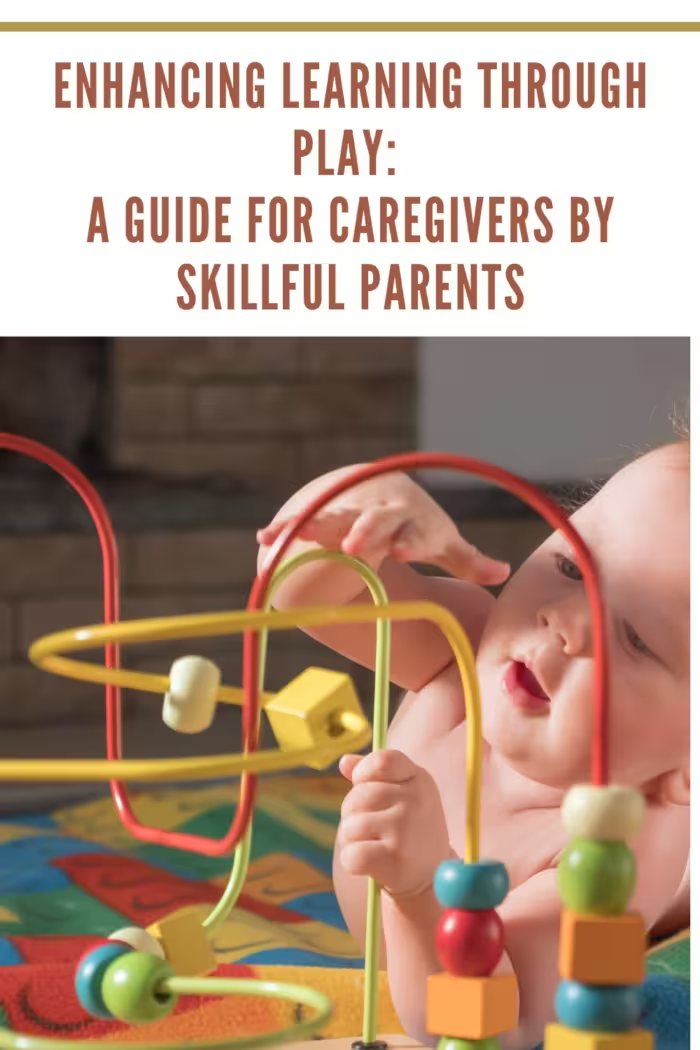
Encouraging cooperation
Connections are created when two or more individuals follow things of interest. When a child stumbles upon another sharing a similar hobby or curiosity, chances are that they will bond and further research the topic together, setting themselves up for success in their realization.
Depicting lessons together can be a social, cooperative operation that promotes healthy, strong, durable, and productive collaborations in the future.
Final Thoughts:
As you can see, exploration is vital in education, which is why successful, skilled parents encourage everyone to embrace such practices. What are your opinions on the matter?
